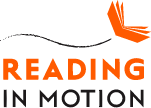Vocabulary
Reading in Motion places a strong emphasis on vocabulary development as a fundamental aspect of early reading instruction. Vocabulary refers to the body of words a learner knows and can use effectively in reading, writing, and communication. A rich vocabulary is imperative for understanding written and spoken language, expressing ideas clearly, and engaging with increasingly complex texts.
Why Vocabulary Matters
Research consistently demonstrates that vocabulary knowledge is a predictor of reading comprehension and overall academic success. Students with extensive vocabularies are better equipped to understand new concepts across different subjects, communicate their ideas effectively, and interpret nuanced information in texts.
In addition, a strong vocabulary foundation in early years supports lifelong learning. As students encounter more sophisticated texts in higher grades, a well-developed vocabulary allows them to infer the meaning of unfamiliar words, improving their ability to learn independently and engage with diverse reading materials.
Teaching Strategies for Vocabulary
- Explicit Instruction: Directly teach new words, their meanings, and how to use them in context.
- Word Families and Root Words: Introduce word families and root words to help students understand relationships between words and deduce meanings of unfamiliar words.
- Context Clues: Teach strategies for using context to determine the meaning of unknown words.
- Visual Aids: Use pictures, diagrams, and graphic organizers to reinforce word meanings.
- Word Games: Incorporate vocabulary-building games and activities to make learning engaging and memorable.
- Read-Alouds: Use interactive read-alouds to expose students to rich vocabulary in context.
Our goal is to equip students with the word knowledge they need to become proficient readers, effective communicators, and lifelong learners.










